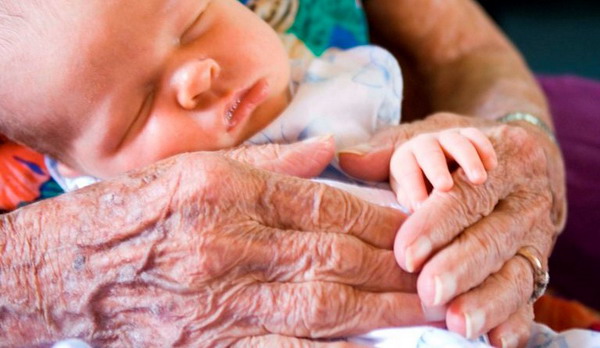Frailty and Illness
In residential care and community care settings, older clients are often not "ill", but simply need some degree of assistance with activities of daily living, such as showering and walking. However, older people being cared for in these settings are often frail and sometimes do suffer periods of ill health. For example, older people, particularly those in residential care settings, are at higher risk of contracting seasonal influenza than other older people.

Nurses and other health professionals can work to ensure that older adults in these settings remain as robust as possible by promoting physical condition, good diet, stimulation, and access to preventive healthcare. Older clients should be assisted to be as physically and mentally active as they are able to be. When older people in community care and residential care settings do become acutely ill and require hospitalisation, this can be very disruptive and traumatic for them. It is important to ensure that the transition from these settings to hospital, and back again, is as smooth and integrated as possible.
Thinking Challenge
The Canadian document in the first link below discusses risk factors for frailty in older people. In the second link, a US document shows that much can be done to prevent frailty.
- Consider the adult and older adult risk factors for frailty listed in the first document. Which of these could be prevented with effective, early interventions?
- What does the US document suggest about factors such as diet, physical movement and environmental interventions and frailty, and how does it state that such factors can be modified?
- Why is it important to identify frailty in its early stages?




